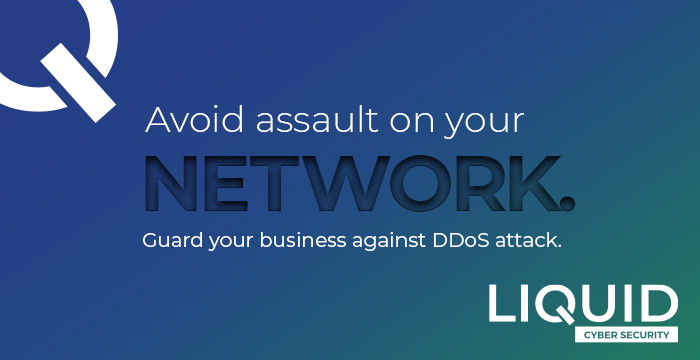By Winston Ritson, Chief Business Development Officer at Liquid Cloud and Cyber Security.
In the last two years, the COVID-19 pandemic has severely impacted not just the ability of companies to commit to innovation and new initiatives but also work practices for much of their staff. Subsequent lockdowns have led to many businesses having to be staffed remotely and being able to provide employees with the technological and human support they need to be at their best during these incredibly trying times.
Over 2020 and 2021, a driving need emerged, seeing employee collaboration and innovation remain central to business needs, while at the same time company workforces – having had to work remotely for vast periods in the last two years – now desire more flexibility when it comes to their working environment and the time periods during which they work.
Gartner research has found that 71% of human resources leaders were increasingly focused on employee collaboration in 2021. This is likely to be a major initiative going forward in the coming year.
On top of these concerns, 2020 and 2021 gave rise to a massive and deepening skills crisis, which has been dubbed ‘The Great Resignation’. The last two years have seen employees leave jobs in their droves. There are many factors contributing to this massive loss of skilled employees from the job market, but key among them is the lack of support from employers and inflexibility when it comes to their working conditions.
To wit, more employees than ever before desire the right to choose when and where they work, how they work and more support from employers regarding tools and technology to make their working experience as collaborative with management as possible.
The Hybrid Working Environment
All of this has given rise to what has been dubbed the ‘Hybrid Working Environment’ model. At surface level, this is a combination of remote and office working, which allows most employees to better collaborate with management on which environment compliments their workstyles and aids them to best deliver on key performance indicators (KPI’s).
In many instances, it can be beneficial to adopt the Hybrid Working Environment model – companies can save on costs on office space (or indeed, rent out that space they own), the workforce is more nimble and easier to be deployed as and where it’s needed, and it compliments employee personality types on a wider scale, allowing them to thrive in less constrictive environments.
According to research from Microsoft, almost nine out of ten leaders (88%) at large enterprises in South Africa expect they will adopt a more hybrid way of working permanently.
Cloud Voice
That having been said, the Hybrid Working Environment model is not a simple transition and needs investment and, in many instances, requires companies to pivot completely from traditional working practices. Key among these is the need for connectivity and communication platforms that complement digital and remote working. In addition, processes, technology and business solutions need to be put in place to ensure productivity in an agile, digital environment. To that end many businesses can look Cloud Voice to provide a cost-effective and reliable solution to complement a Hybrid Working Environment.
At its core, Cloud Voice, is designed not only to empower diversity and inclusion in the workforce, but to move away from the business requirement of hardware and installation. An absolute must in the new era where office-bound working is becoming less of a priority and, in some instances, obsolete altogether. Cloud Voice brings a business’s voice, video meeting and messaging tools together in one portal, which is flexible and can be scaled to each company’s needs.
Cloud-based unified communications platforms offer companies significant cost benefit, particularly in Africa. Compared to the heavy costs of traditional telephony systems, service providers and contract durations, Cloud Voice is month-to-month, has a clear cost breakdown, doesn’t demand extensive infrastructure investment.
OneVoice by Liquid Intelligence Technologies
One such service offered by Liquid Intelligent Technologies is OneVoice for Operator Connect, which is already being piloted in Kenya, Zambia, Rwanda, Uganda, Zimbabwe, and South Africa. This new offering aims to enhance collaboration in the hybrid work environment by combining traditional telephony calling within the Microsoft Teams ecosystem. It is ideal for any company wishing to ensure communication and teamwork within its workforce and can be scaled to fit a business of any size.
OneVoice is the latest step into the digital transformation of voice infrastructure. Thanks to the cyber security measures offered by MS and Liquid, it is also one of the most secure offerings of its kind, guarding clients against fraud, hacking and other threats. It also offers Liquid’s customers a unified experience and customer convenience, no matter their requirements.






